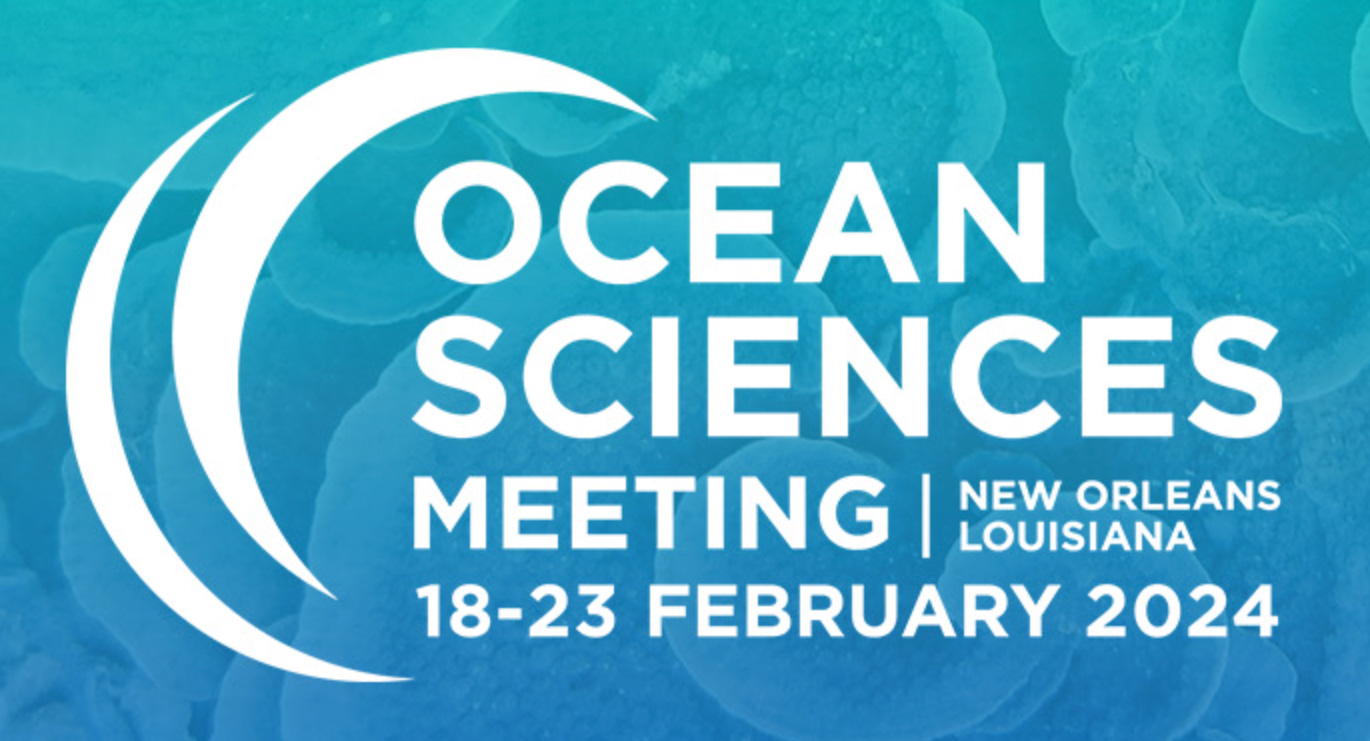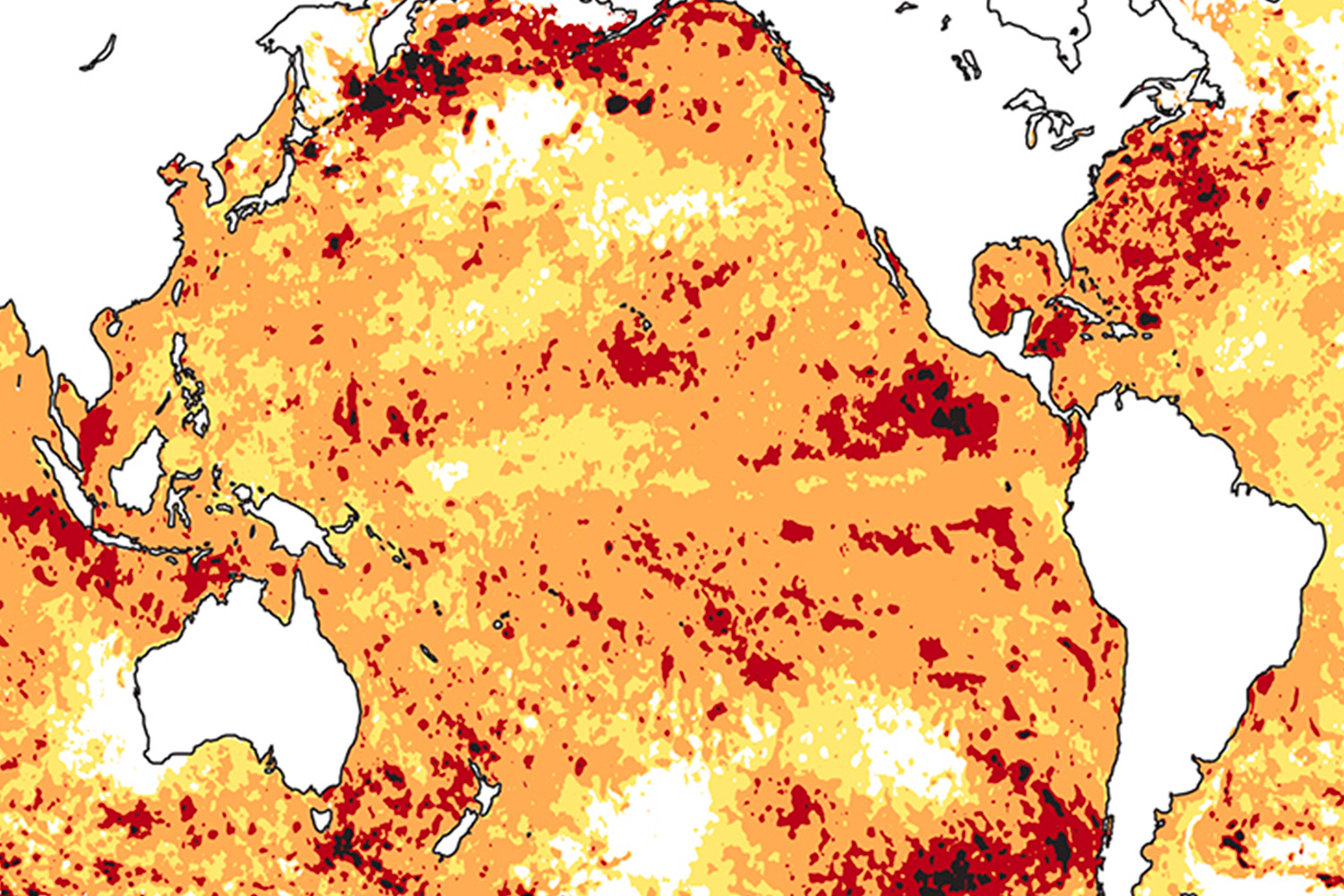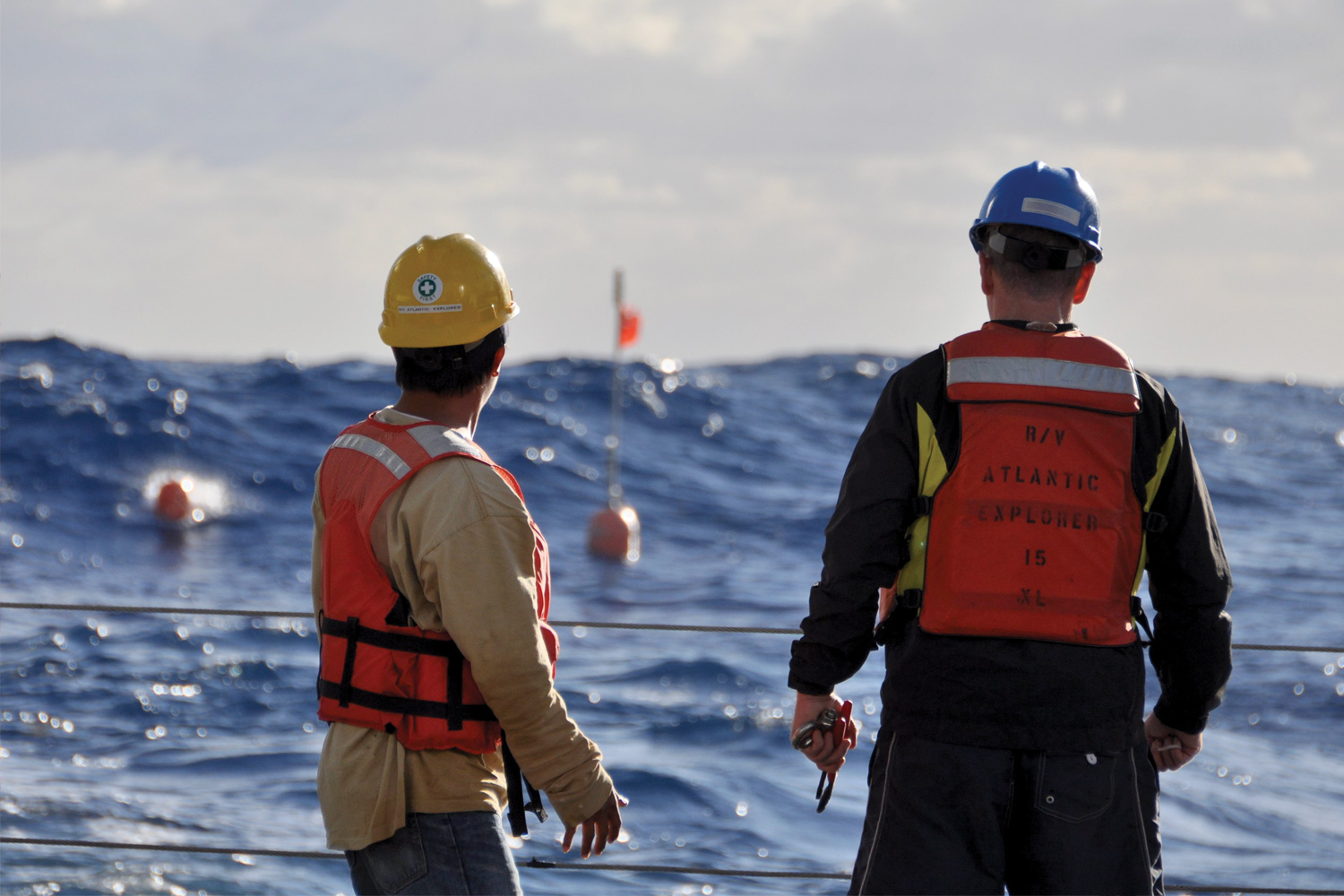TOS News
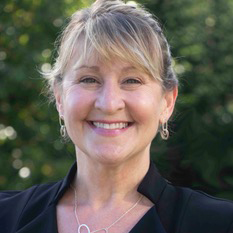
FROM THE TOS PRESIDENT
Deborah Bronk
The incredible power of saying you were wrong.
I bet we have all felt that sickening feeling of realizing we didn’t add that reagent, or forgot a deadline, or didn’t order that critical supply for the cruise leaving tomorrow. Realizing we have messed up is hard. Owning our mistake and saying we were wrong can be even harder. But we all need to get over it and admit it when the situation arises. Think of the issues in the laboratory that would get solved. It’s much better for a colleague or graduate student to say they made a mistake early on, rather than avoiding that conversation. Open communication provides the opportunity to talk about what went wrong, and how to fix it next time.
In order to nurture an environment where colleagues feel comfortable admitting mistakes, people in leadership positions need to model this behavior. When we mess up, we should fess up. I suspect all of us have lived through the sheer, maddening frustration of having a boss who screws up and doesn’t own it. A critical point to remember is that the person who benefits the most from this approach is the person who made the mistake. If we’re able to say when we are wrong, that horrible pressure we may carry around of feeling like we always have to be right—evaporates. If we are willing to own our mistakes, we will be more willing to try new things. If we’re willing to say we were wrong, we can take the wind out of the sails of our adversaries and gain trust with our teams. It’s not the worst thing. The sooner we admit a mistake, the sooner we can fix it and get back on track!
I’m here to serve, so please reach out to me at [email protected] if you have any concerns or ideas of how TOS can better serve its members and the work they do.
OSM 2024 NEWS
OCEANOGRAPHY ARCHIVES
Categorizing and Naming Marine Heatwaves
By A.J. Hobday et al.
STUDENT AND EARLY CAREER NEWS
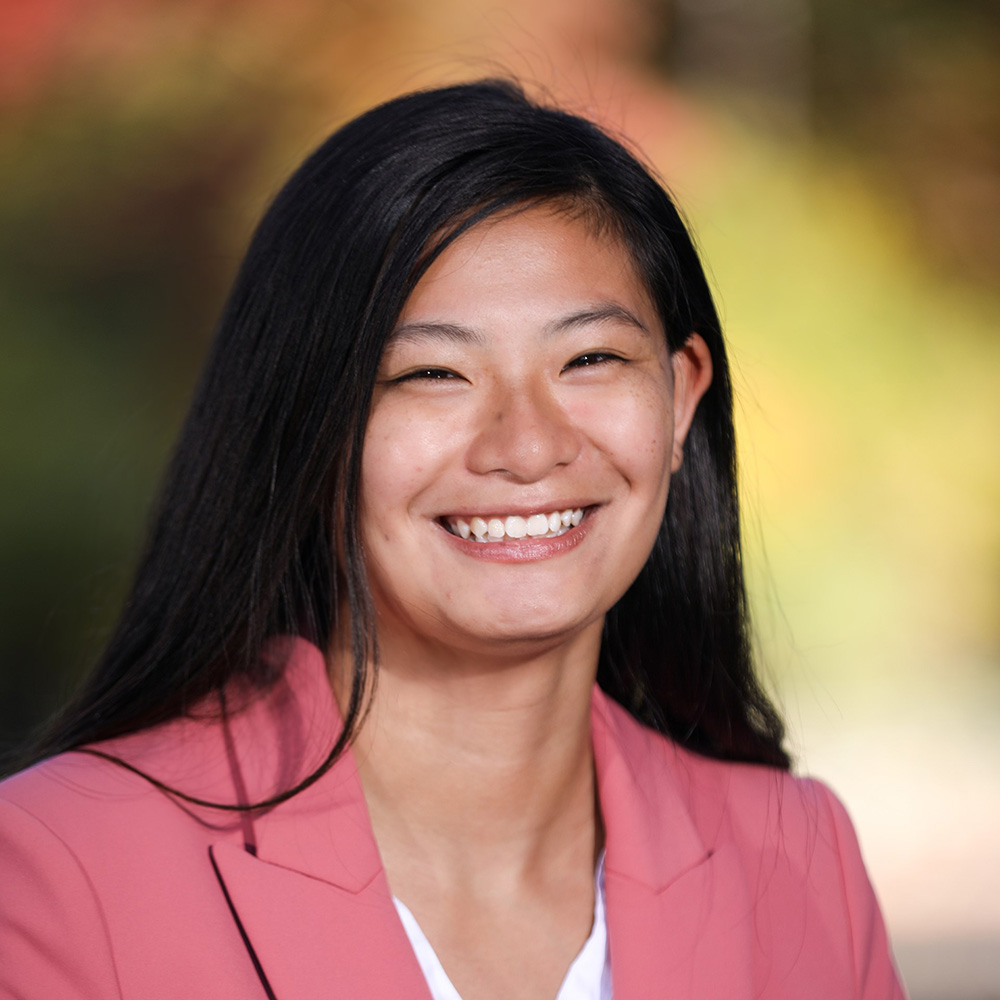
STUDENT HIGHLIGHT
Christina Cutshaw
One of the earliest distinct memories I have in nature was creating “ant hotels” on my front lawn as a child. I would pick up any ants that crawled by me and place them on the “hotel” which was unfortunately just a pile of dirt. My interest over time shifted away from bugs and towards the water. I grew up in Atlanta, and one of my favorite activities was visiting the Georgia Aquarium. I participated in several summer camps there and even got my junior scuba certification at eleven years old to swim in the big tank with the whale sharks! While I enjoyed learning about the ocean, especially coral reefs, I didn’t study marine science in undergrad; instead, I went to the University of Michigan where I obtained a BS in Biopsychology, Cognition, & Neuroscience. However, I decided to switch career interests toward the end of my time so I applied to Duke for the Master of Environmental Management program (where I just graduated from this past year). While at Duke I joined a student organization called Duke Restore that focuses on restoring coastal and marine ecosystems. I was first part of the seagrass team and even spent a summer at Duke Marine Lab to help with the fieldwork aspect of the project. I later became co-leader of the coral team where we out-planted a coral tree and connected with The Nature Conservancy in the Caribbean to help them with some of their projects. I’m currently working with NOAA on some of their coral restoration projects and potentially planning on applying to a Ph.D. program in the next couple of years.
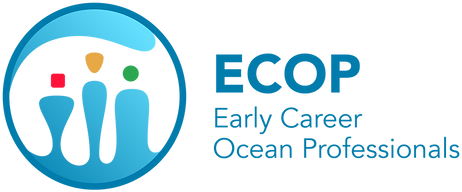
A Program of the UN Decade of Ocean Science for Sustainable Development
The U.S. ECOP node hosted an “All-Hands” Meeting in June to welcome members to their node and encourage participation. The meeting brought together over 50 ECOPs to inform them about the launch of the U.S. Early Career Ocean Professionals (ECOP) node, review the current status and geographic reach, and discuss plans and activities moving forward. In the coming months, the U.S. ECOP node will develop a collaborative plan based on feedback from the initial group of members. The US node is looking forward to growing and engaging further with the community and welcomes folks to learn more and join.
Sign Up for TOS News

© 2024 The Oceanography Society
1 Research Court, Suite 450-117, Rockville, MD, 20850, USA | Phone: (1) 301-251-7708 | [email protected] | Privacy Policy

